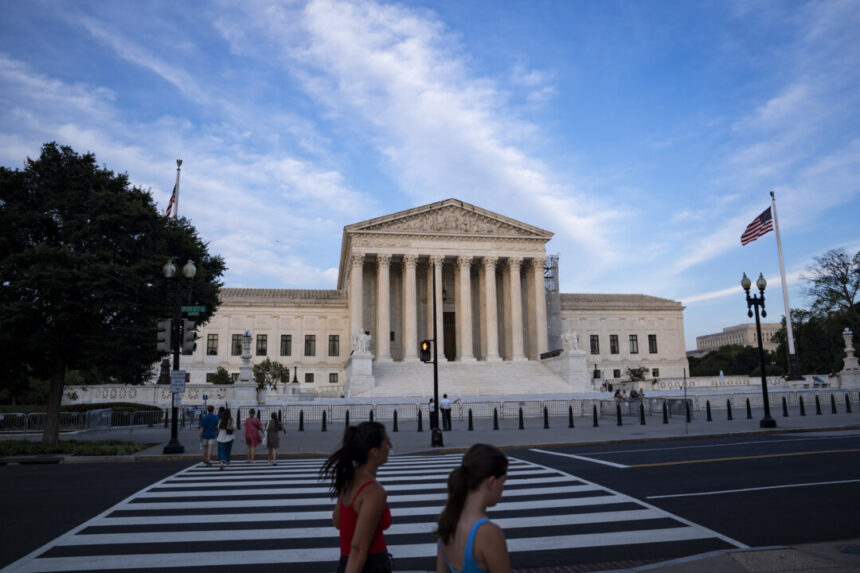A recent Supreme Court ruling overturned the 40-year-old Chevron deference, a judicial doctrine that critics claim has fueled the growth of the U.S. government. In a 6-3 vote, Chief Justice John Roberts led the majority opinion, challenging the notion that agencies’ interpretations of statutes deserve deference unless expressly prohibited by Congress. This doctrine, established in the landmark Chevron v. Natural Resources Defense Council case in 1984, has been a cornerstone of the modern administrative state, granting regulatory agencies significant power in interpreting laws. Critics argue that this doctrine has contributed to the expansion of government authority beyond congressional intent, prompting concerns about the legitimacy of the administrative state. The recent ruling in two related cases highlighted the implications of the Chevron deference, with arguments both for and against its overturning. While some believe that empowering agencies is necessary for effective governance in a complex world, others contend that it undermines the separation of powers and individual liberties. The debate over the Chevron deference continues, with implications for future regulatory actions and legal challenges.
Search
Have an existing account?
Sign In
© 2022 Foxiz News Network. Ruby Design Company. All Rights Reserved.





